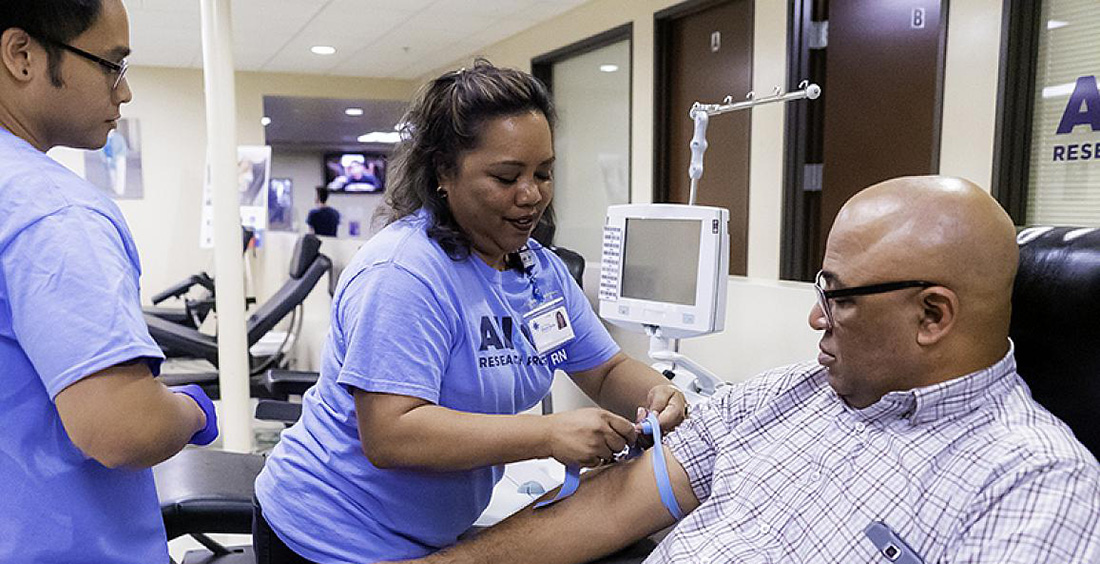
11 Feb The promise of genomics and precision medicine in reducing the burden of cancer
Centers for Disease Control and Prevention
In 2015, the United States launched the Precision Medicine Initiative (PMI) “to bring us closer to curing diseases like cancer and diabetes — and to give all of us access to the personalized information we need to keep ourselves and our families healthier.” Cancer is a primary focus of the PMI, with the launch of the MATCH trial (Molecular Analysis for Therapy CHoice), a precision medicine cancer treatment clinical trial in which treatment is based in genetic changes found in patients’ tumors. Another key component of the PMI is the All of Us Research Program, which aims to generate knowledge applicable to the whole range of health and disease by collecting genetic and other health information on a million or more volunteers.
We have been tracking the “translational” trajectory of precision medicine for a few years using the Public Health Genomics and Precision Health Knowledge Base (PHGKB). In 2016, we documented that the clinical and public health translational action in genomics was clearly ahead for cancer compared with other common diseases, as evidenced by the greater number of epidemiological and clinical studies, evidence-based guidelines and implementation programs. Cancer genomics can inform both prevention and treatment and could serve as a model for other health conditions. Identification of individuals with mutations that make them more likely to develop certain cancers can allow them to take steps to prevent cancer or find it early if it develops, leading to improved health outcomes. Tumor testing can allow for more targeted treatment and can inform decisions about interventions such as surgery, chemoprevention, and chemotherapy. Read more …



